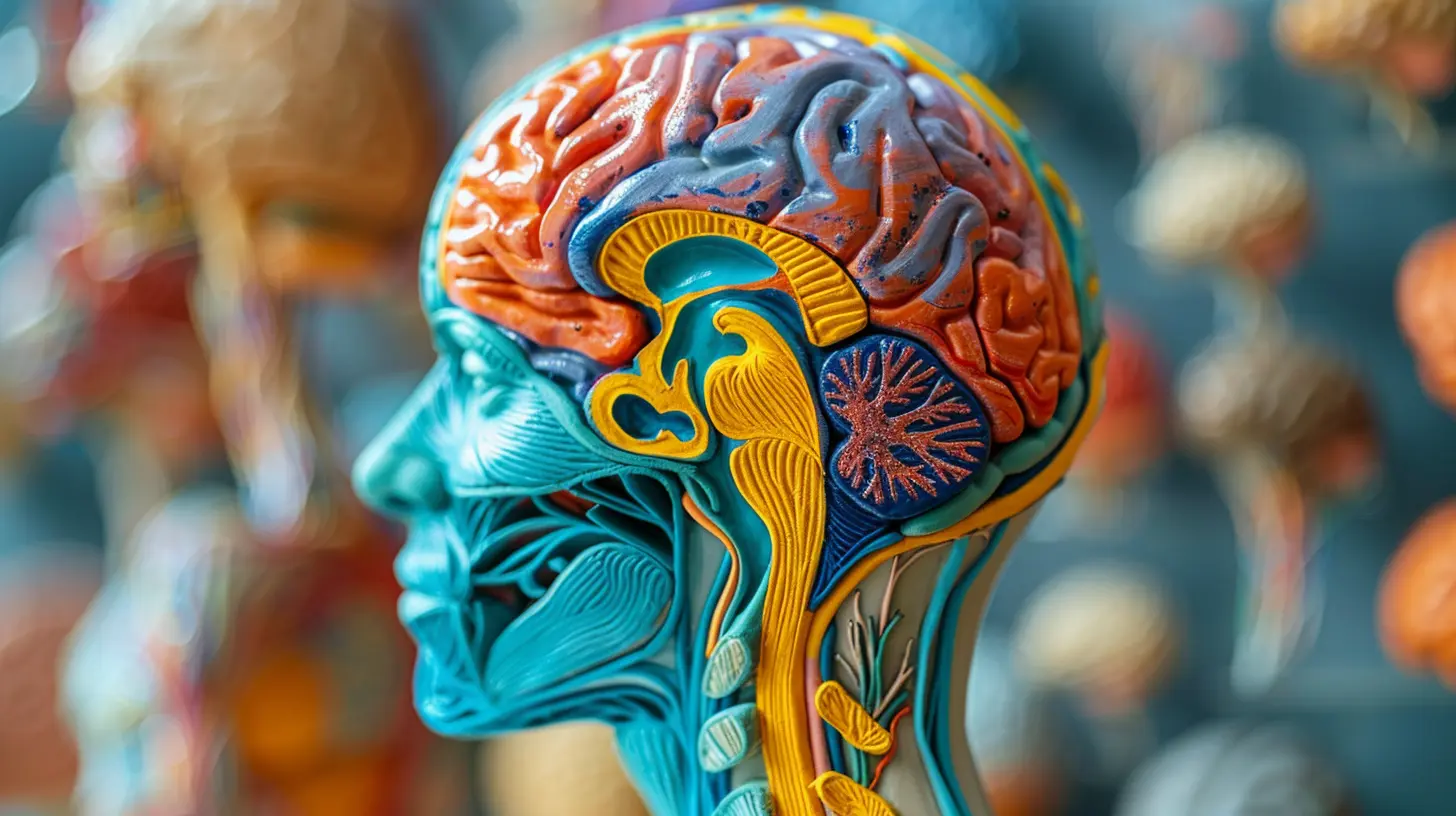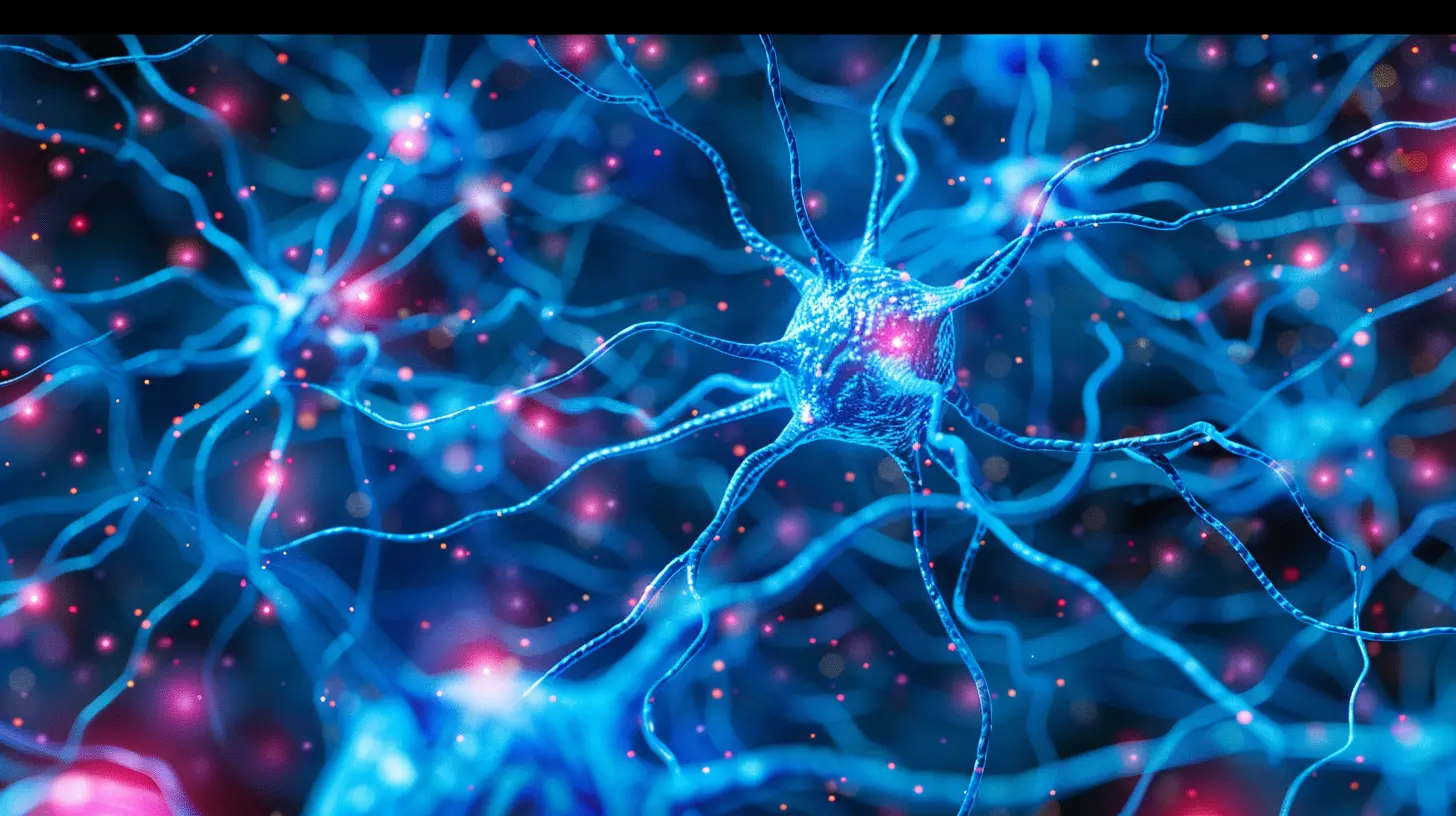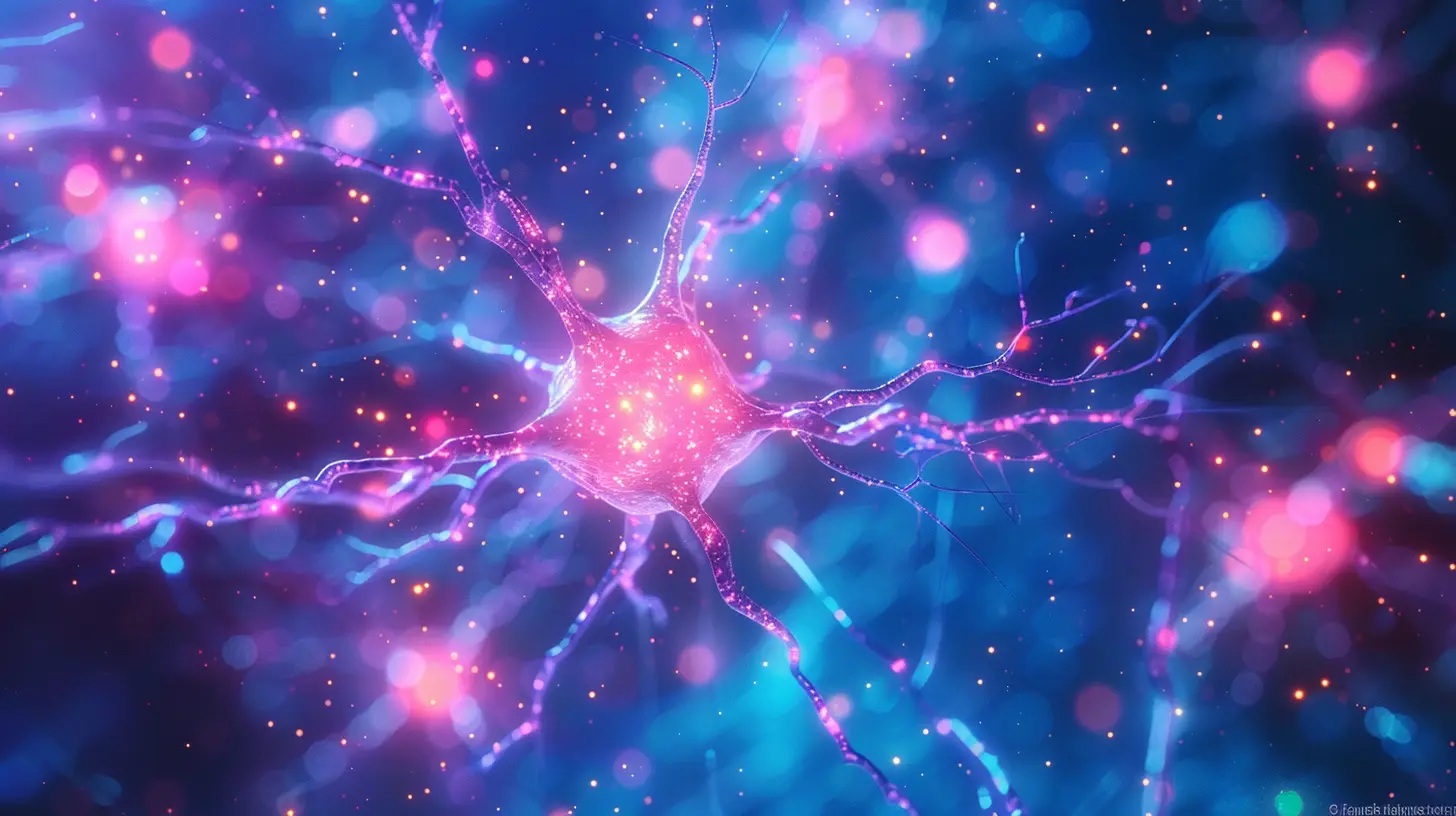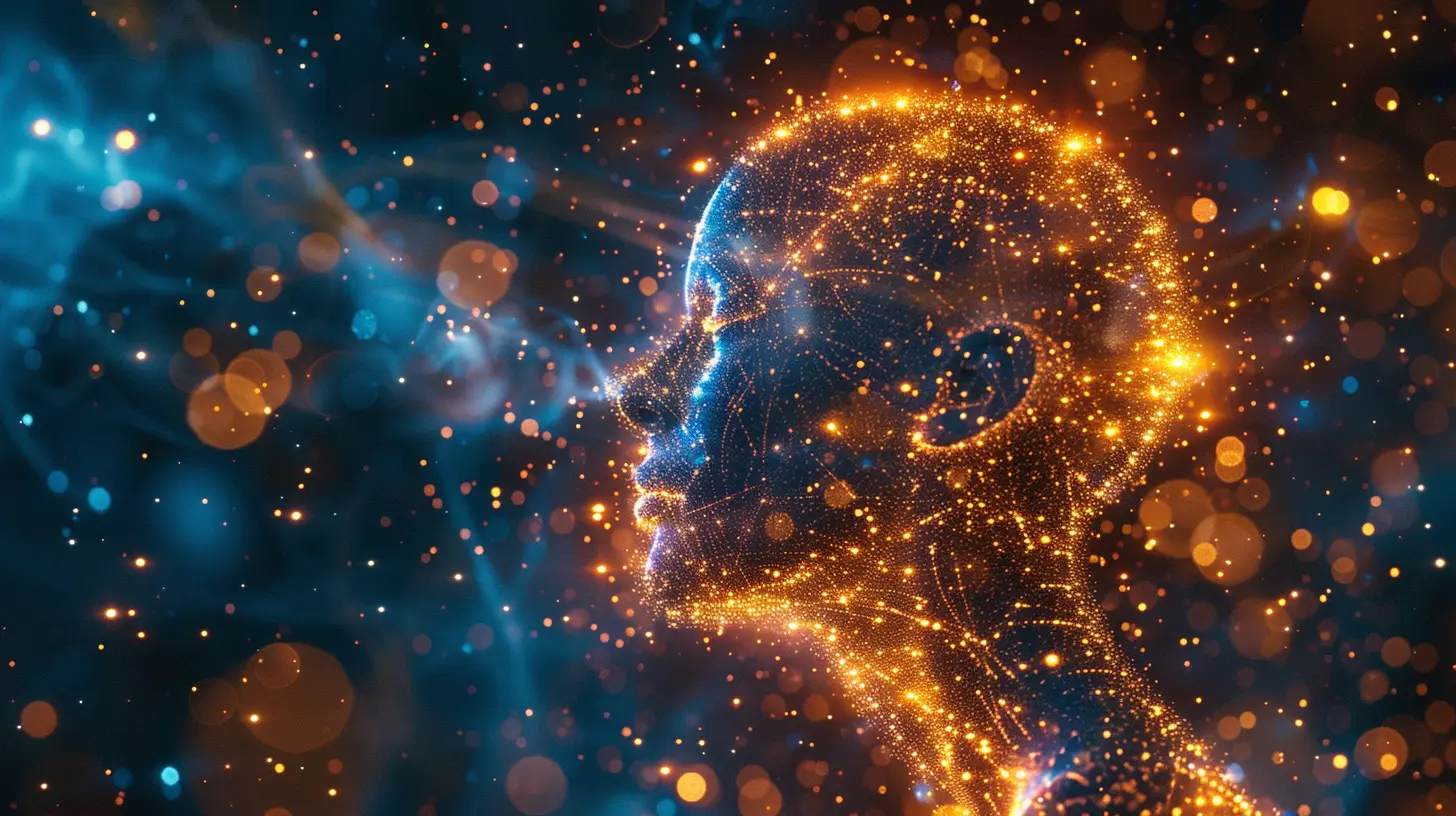The Role of Dopamine in Reward and Motivation
2 June 2025
Dopamine—the brain’s ultimate chemical powerhouse. You’ve probably heard people call it the “feel-good” neurotransmitter, and while that's not entirely wrong, it's also a massive oversimplification. Dopamine is way more than just a happiness-boosting chemical; it plays a central role in motivation, reward, and even addiction.
Ever wondered why scrolling through social media feels so satisfying? Or why you keep reaching for just one more potato chip? You can thank dopamine for that! Let’s dive deep into the fascinating world of dopamine and how it dictates our drive, rewards our efforts, and sometimes turns us into creatures of habit (or even addiction).

What Is Dopamine?
At its core, dopamine is a neurotransmitter—a chemical messenger in the brain that helps nerve cells communicate. It's mainly produced in two key areas:- Substantia Nigra – This area helps with movement and motor control.
- Ventral Tegmental Area (VTA) – This is where the magic of reward and motivation happens.
When dopamine is released in the brain, it creates a sense of pleasure and reinforcement. It’s the reason we associate positive experiences with certain actions, making us more likely to repeat them.
But here’s the kicker: dopamine isn't really about pleasure itself—it's about wanting. It creates the drive to chase rewards, rather than the actual enjoyment of them.

Dopamine and The Brain's Reward System
Dopamine fuels the brain's reward system, a complex circuit responsible for reinforcing behaviors that ensure survival (like eating, socializing, and reproducing). When you engage in something that feels good, dopamine surges, reinforcing that action.Think of dopamine like a carrot on a stick. It's not about the actual reward—it’s about the anticipation and drive to get it.
- Example? Ever binged an entire Netflix series, telling yourself “just one more episode” over and over? That’s dopamine at work.
- Another one? That moment of excitement when your phone buzzes with a notification? Yup, dopamine again.
This chemical doesn’t just make us feel good—it makes us want more, pushing us to chase rewards and repeat certain behaviors.

The Connection Between Dopamine and Motivation
Motivation isn’t just about willpower—it's deeply rooted in our brain chemistry. When dopamine levels are high, you feel energized, driven, and ready to tackle whatever challenge comes your way. When they're low? Procrastination, fatigue, and lack of motivation set in.How Dopamine Fuels Motivation
Dopamine gives purpose to our actions. Without it, we wouldn’t feel the urge to work towards goals or engage in rewarding behaviors. It drives us by:1. Creating Desire – Dopamine makes us crave rewards, pushing us to chase them.
2. Strengthening Habits – The more often we perform a rewarding action, the stronger our brain reinforces it.
3. Boosting Persistence – It helps us push through challenges, keeping us focused on long-term goals.
Ever wondered why some people seem relentlessly ambitious while others struggle to even get out of bed? Differences in dopamine function could be at play.

How Dopamine Influences Behavior
Dopamine is a double-edged sword. While it helps us stay motivated, it can also lead to compulsive behaviors.1. Dopamine and Addiction
Too much of a good thing? That’s when troubles arise. Addictive substances—like caffeine, nicotine, alcohol, and drugs—hijack the brain’s dopamine system. They flood the brain with unnatural surges of dopamine, creating an intense sense of pleasure.The problem? Over time, the brain starts depending on these artificial dopamine hits, reducing its natural production. This leads to tolerance (needing more for the same high) and withdrawal (feeling awful without it).
Think of it like a spoiled GPS—after relying on shortcuts for so long, you forget how to navigate the real roads.
2. Dopamine and Social Media Addiction
Social media is like a dopamine slot machine. Every like, comment, or message triggers a small dopamine release, reinforcing the habit of checking your phone compulsively.Ever mindlessly scroll through Instagram, even when you don’t want to? That’s because your brain has been wired to crave those unpredictable dopamine spikes. Just like gambling, social media operates on a variable reward system, where you never quite know when the next “hit” will come—keeping you hooked.
3. Dopamine and Food Cravings
Ever wonder why junk food is so irresistible? Processed foods—especially sugary and fatty ones—cause major dopamine surges, tricking your brain into thinking they’re far more rewarding than they really are.The result? Cravings. Lots of them. And before you know it, you’re knee-deep in an empty bag of chips, wondering where it all went wrong.
How to Use Dopamine to Your Advantage
Here’s the good news: You can optimize your dopamine levels to stay motivated, productive, and even break bad habits.1. Set Small, Achievable Goals
Instead of aiming for massive, overwhelming goals, break them down into smaller, bite-sized tasks. Each time you complete one, your brain rewards you with a small dopamine boost, keeping you on track.👉 Instead of “I need to lose 20 pounds,” start with “I’ll work out for 10 minutes today.”
2. Delay Instant Gratification
Your brain loves quick rewards, but delaying gratification helps strengthen willpower and discipline.- Instead of checking social media first thing in the morning, wait an hour.
- Instead of eating junk food, cook a healthy meal.
This trains your brain to seek long-term rewards rather than impulsive dopamine hits.
3. Exercise Regularly
Exercise isn’t just good for your muscles—it’s a dopamine booster. Studies show that physical activity increases dopamine levels, improving mood and motivation.- Go for a run.
- Lift some weights.
- Dance like nobody’s watching.
Whatever you do, get moving! Your brain will thank you.
4. Get Enough Sleep
Ever felt unmotivated after a bad night’s sleep? That’s because sleep deprivation disrupts dopamine levels, making it harder to focus and feel motivated.Aim for 7-9 hours of quality sleep to keep dopamine working in your favor.
5. Practice Gratitude
Gratitude might seem unrelated, but it’s a natural dopamine trigger. Focusing on the positives in life helps reinforce rewarding experiences, increasing motivation and satisfaction.Try keeping a gratitude journal—just jot down three things you're grateful for each day. It’s simple, but effective.
Final Thoughts
Dopamine isn’t just the “pleasure chemical”—it’s the motivation powerhouse that drives us to chase goals, form habits, and push through challenges. It’s why we feel driven to succeed, but also why we get addicted to social media, junk food, and even toxic relationships.The key? Control your dopamine instead of letting it control you. By understanding how it works, you can hack your brain to stay focused, motivated, and healthier—without falling into the traps of addiction or instant gratification.
So, the next time you find yourself mindlessly reaching for your phone, binge-watching a show, or craving that next dopamine hit—pause. Take control. Make dopamine work for you, not against you.
all images in this post were generated using AI tools
Category:
PsychologyAuthor:

Eliana Burton
Discussion
rate this article
2 comments
Rocco McCaw
This article offers a great overview of dopamine's crucial role in shaping reward and motivation behaviors. It effectively highlights the complexity of this neurotransmitter, emphasizing both its benefits and potential downsides in human psychology.
June 8, 2025 at 4:22 AM

Eliana Burton
Thank you for your thoughtful feedback! I'm glad you found the article informative and comprehensive.
Jack McKinnon
Thank you for this insightful article! Your explanations on dopamine’s influence on reward and motivation were particularly enlightening.
June 4, 2025 at 4:49 AM

Eliana Burton
Thank you for your kind words! I'm glad you found the article enlightening.


